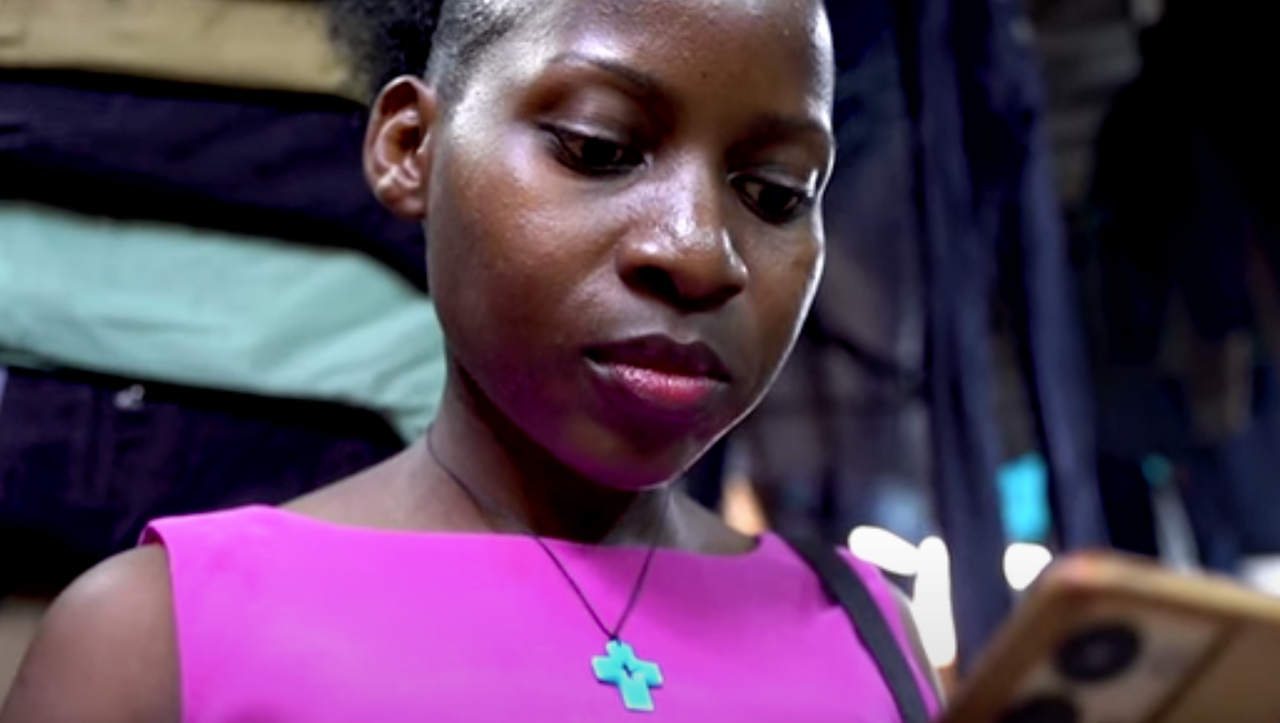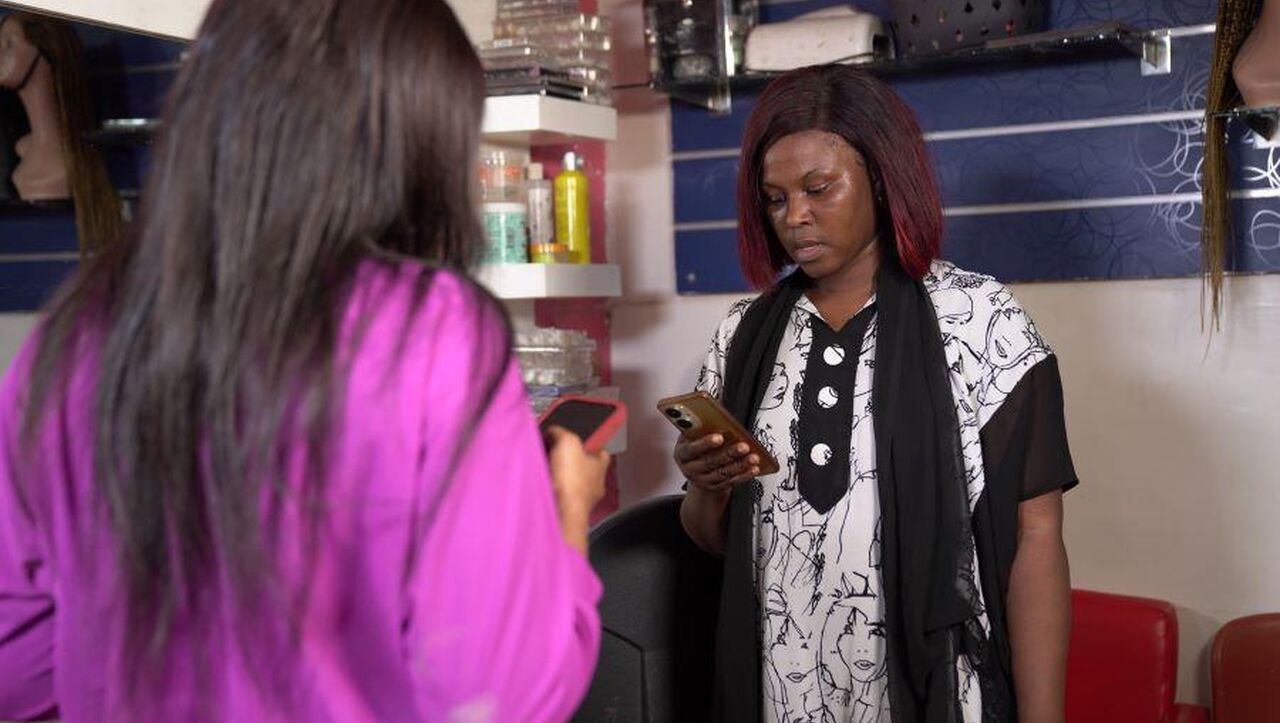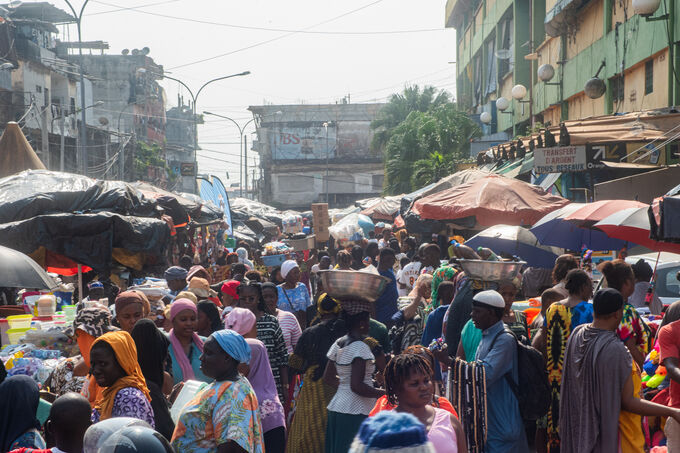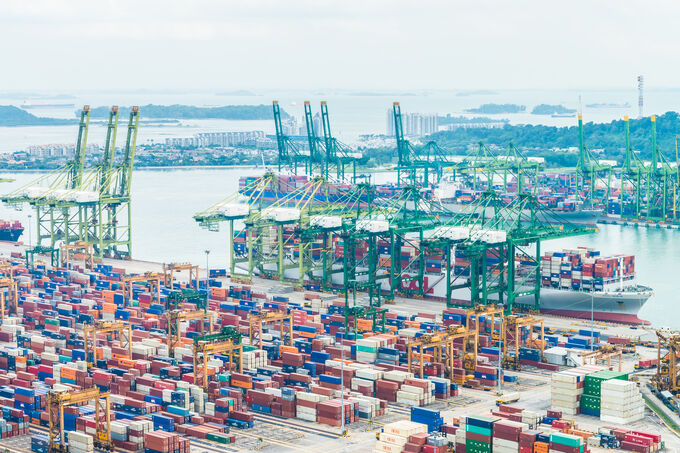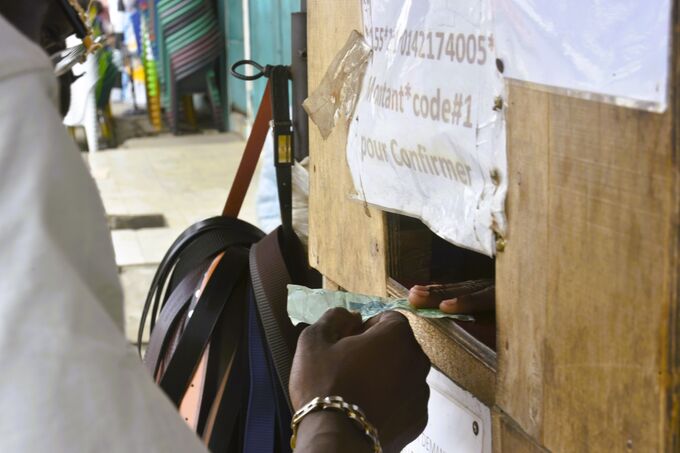
News
Accelerating Action to Bridge the Financial Inclusion Gap
by Nesrine Aouinti, Knowledge Management Lead - 27 March 2025
In Africa’s rapidly evolving digital financial landscape, a persistent gender gap remains a significant barrier to achieving financial inclusion for all. Despite significant advancements in mobile connectivity and fintech innovations, women across the continent face disproportionate barriers in accessing and utilizing digital financial tools.
The Gender Gap in Financial Services in Africa
Let’s break down the key challenges:
- Bank Account Ownership: The gap in financial account ownership between men and women has increased dramatically in Sub-Saharan Africa. The gender gap in financial account ownership has widened, nearly almost doubling from 7% in 2011 to 12% in 2021. Today, only 49% of women have a bank account, compared to 61% of men.
- Mobile Money Accounts: While mobile money has revolutionized financial access in many African countries, women still lag behind. The latest statistics show that 30% of women own a mobile money account, compared to 36% of men.
- Digital Transactions: Women conduct fewer digital transactions, averaging 15 transactions per week, compared to 22 transactions for men. This disparity directly affects their ability to access opportunities in an increasingly digital economy.
- Technology Access: Limited access to mobile technology is a major barrier to financial inclusion. While 86% of men in Africa own a mobile phone, only 77% of women do. Even more concerning, the 37% gender gap in mobile internet usage means that over 190 million African women remain disconnected from vital financial services.
These figures are not mere statistics—they represent real barriers women face every day, from rural villages to bustling urban hubs.
Sihem’s story reflects the intersection of cultural barriers and the gendered digital divide. As a small business owner in Algeria, she runs a clothing tailoring and ironing micro-enterprise, but she faces significant obstacles when it comes to embracing digital payments. She explains that the acceptance of digital payments is deemed to be liberating women from certain family traditions, thereby introducing an element of conflict within the family. This perspective constitutes a barrier to the acceptability of that technology by women in business. Sihem also sees the gender imbalance in who has power over finance in her community. The men, she says, have always held the reins of finance and are there deemed capable of managing digital payments. Such a view gives rise to the assumptions that men are good with money, including the matters of new financial technologies.
Her experience, highlighted in the SIIPS 2024 Report, underscores the deep-rooted societal norms that restrict women's financial autonomy.
The Voices of African Women: Stories That Inspire
Despite these challenges, many African women are harnessing the power of digital payments to transform their lives and businesses. Their stories reveal the potential impact of inclusive financial systems. AfricaNenda interviewed two inspiring women. Let’s hear what they have to say:
Vivian Kasule: Uganda
Vivian Kasule, a businesswoman in Uganda, navigates the complexities of digital payments to grow her business. In her own words, mobile money has revolutionized her transactions, allowing her to safely and efficiently collect payments from clients, even in remote areas. Vivian shares how digital payments eliminate the risks of carrying physical cash, improve transparency in her finances, and enhance her ability to serve her customers. However, as she highlights in the interview, network issues and transaction delays can still disrupt her operations, showcasing the need for more streamlined systems.
Ramatoulaye Goudiaby: Senegal
In Dakar, Ramatoulaye Goudiaby, a hair salon owner, has embraced digital payments to transform her business. She envisions a future where seamless, accessible transactions empower entrepreneurs like herself to grow their ventures. Her story, shared in another interview, highlights how digital payments can enable women to take control of their financial independence despite societal barriers.
Nancy Kubasa: Malawi
Nancy Kubasa, an entrepreuneur from Sanje district in Malawi, tells the exhilarating saga of embracing mobile money in this interview. Nancy deeply reflects on how digital payments have positively impacted her business as they could be made instantly, besides encouraging growth. Her narrative reflects the power of mobile money in the empowerment of rural entrepreneurs besides the breakdown of the walls of financial exclusion and enabling opportunities for the economic success of the region. Nancy stands out as the new digital tools can change people's lives and also influence other community members in the same direction.
These inspiring stories show that despite the hurdles, women are carving their own paths towards financial empowerment. By embracing digital payments, they’re not just transforming their businesses—they are rewriting the narrative of what is possible for African women in finance.
A call to accelerate action
When an African woman is empowered with economic knowledge and access to financing, she grows economically and socially, breaking the stereotypes of those around her and changing the communities in which she resides. For millions, financial literacy is much more than a skill for women in Africa; it is a doorway to independence and economic empowerment.
Creating change will happen when we invest in women's financial education alongside critical intervention areas:
- Develop innovative financial products tailored for women while simultaneously providing financial literacy education to ensure effective usage.
- Leverage digital means to expand the reach of financial services and bridge the technology gap with targeted digital literacy programs.
- Strengthen consumer protection laws and ensure women have access to information about their rights and responsibilities within the financial system.
- Support women at running micro and small businesses through provision of financial resources and training on financial management skills.
- Gender-disaggregated data should be used to find evidence-based solutions and at the same time, improve women's financial literacy over time.
- Set up financial education programs, addressing the needs and context of women, thereby rendering them capable of making informed financial decisions.
By combining these strategies with robust financial literacy programs we can create an Africa where financial inclusion is no longer a privilege but a promise—a promise of dignity, equity, and the unleashing of women’s economic potential.
Curious about Barriers and Opportunities to Addressing Women's Digital Financial Inclusion? Learn more from this publication: here.
